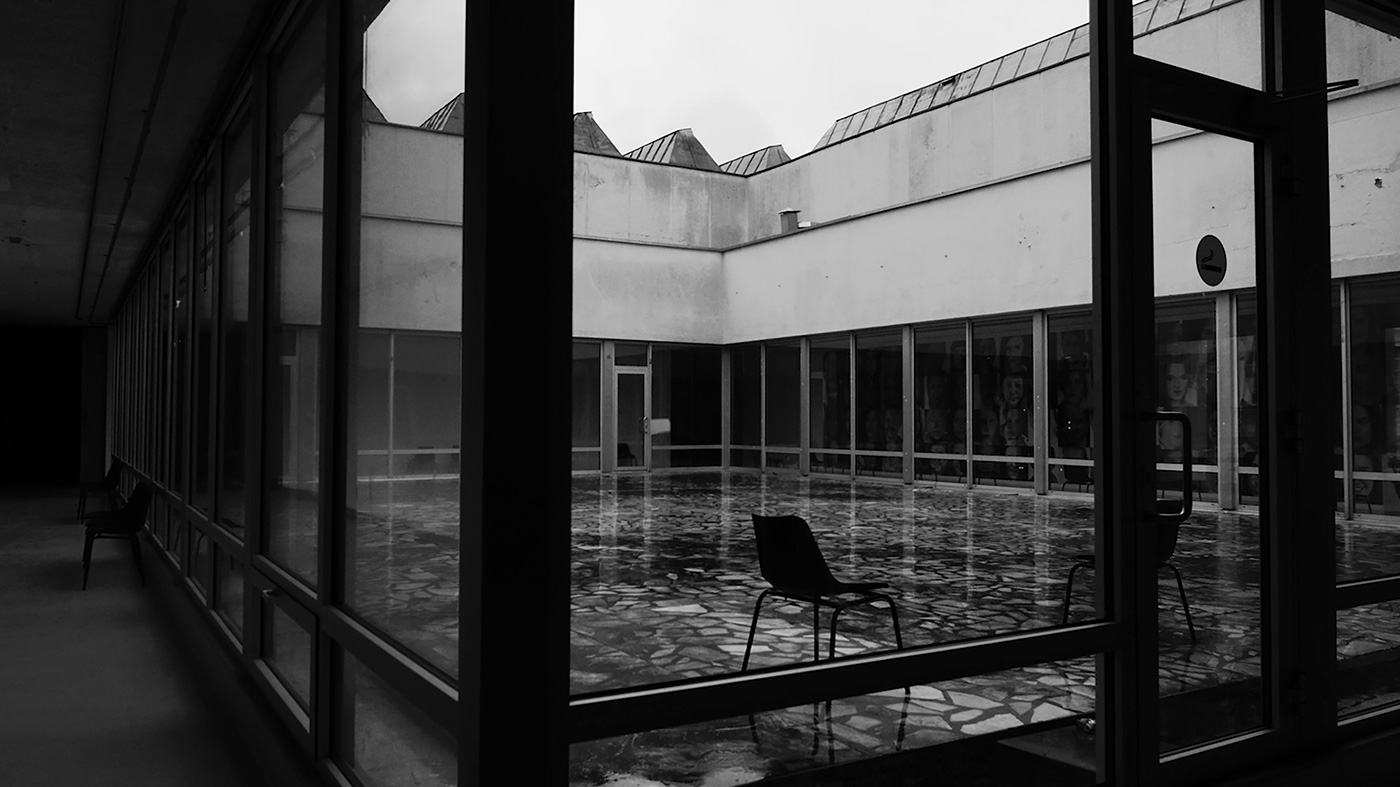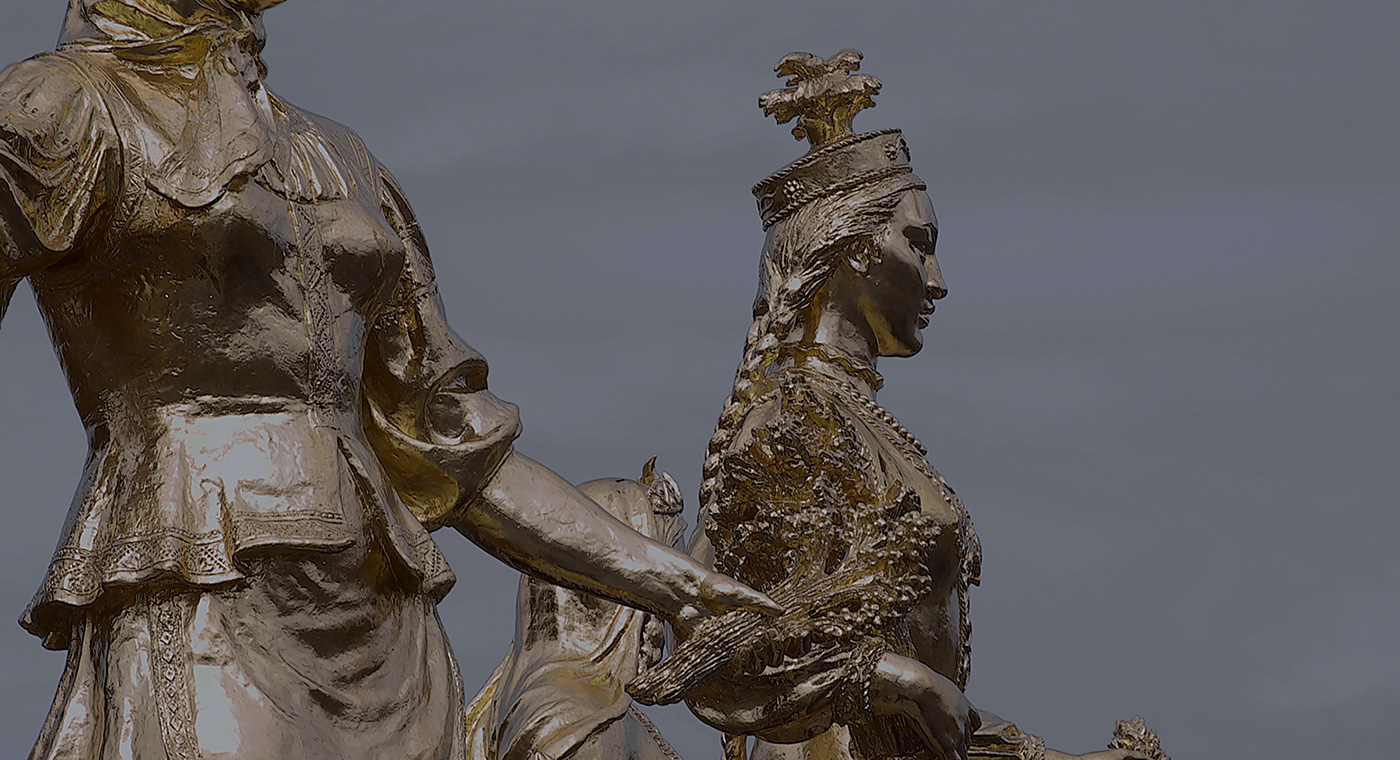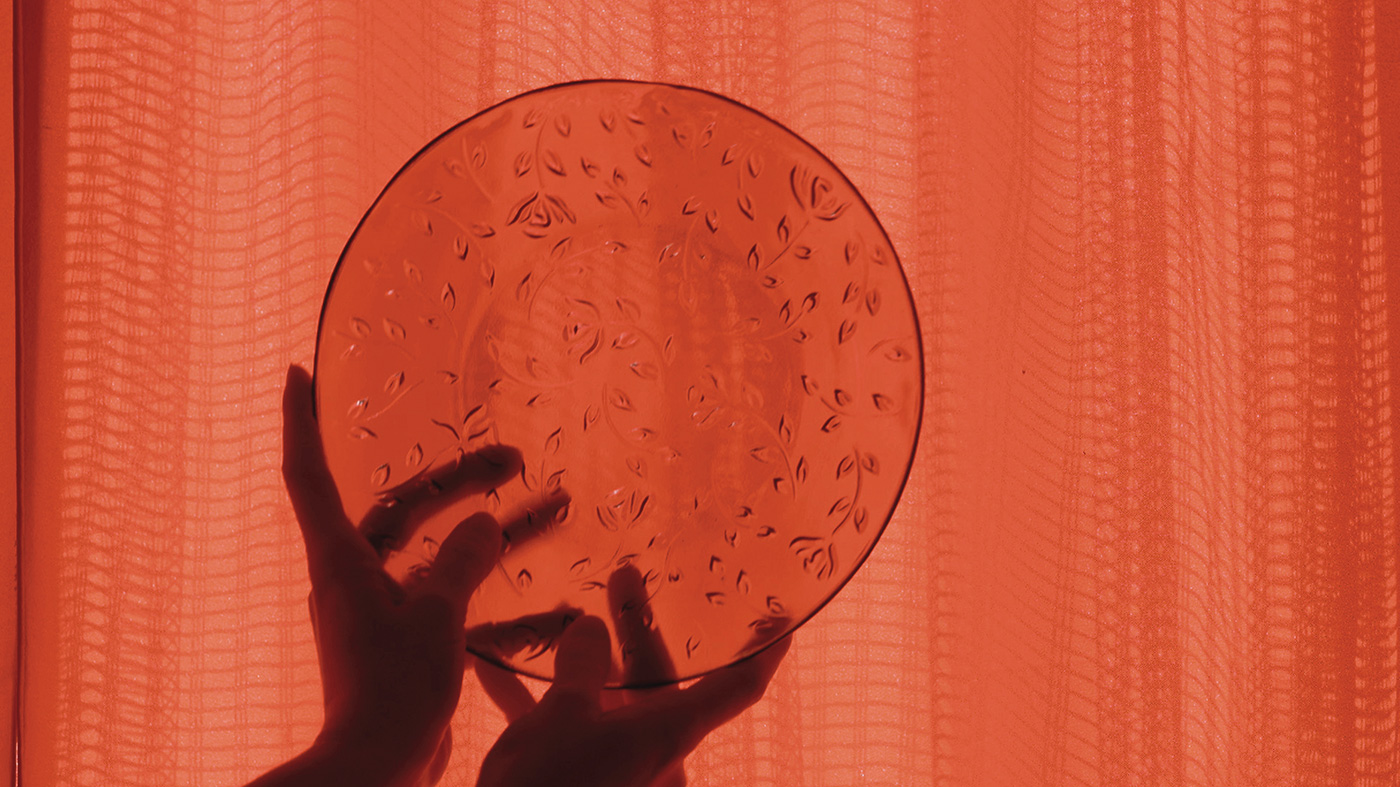The seemingly extraterrestrial camera eye floats upside down through a palm grove planted in a strictly rectilinear manner. Nature is literally upside down and existing in an artificial order as a business game. Only at the crescendo of the strange, vibrantly smoldering soundtrack by Jung an Tagen does the gaze slowly turn clockwise. Then, cut: quietness, open space.
At some point the logo “Valley Pride” can be read in the middle of the California desert, on oversized corrugated iron sheets, designating one of the most important commercial areas of US industrial agriculture. It’s an inhospitable place, whose increasingly bizarre unnaturalness is conveyed through Lukas Marxt’s unmistakable approach. Visually stunning, the monocultural agrarian symmetry and its ballet of irrigation testify to man’s self-extinction in the service of constant profit orientation – even if the necessarily anonymous workers return to the picture in this, Marxt’s fourth visual examination of the Imperial Valley. Under the sword of Damocles of unclear residence status and a US immigration policy that ranges from rigid to ignorant, the personal destinies and stories behind them must remain untold. The people are the smallest cog in the wheel of work in the gigantic agricultural machine trimmed for optimization, as it buries ecological and ethical standards under the relentless shoveling and plowing equipment. In front of endless rock formations and dancing mirages caused by the heat, they fertilize, harvest, and pack lettuce in a quasi-automated routine. In near-astonishment, the camera eye observes this hustle and bustle as it occurs in a leafy place where no greenery was intended. This is a place where fertility and death collide mercilessly and the threatening catastrophe – social, economic, ecological – is inscribed in every image, no matter how innocent. Here, beauty meets decay and exploitation as a man-made dystopia. That, too, is Valley Pride – a pride with an expiration date. (Sebastian Höglinger)
Biography
Lukas Marxt, born in 1983, Austria, is an artist and a filmmaker living and working between Cologne and Graz. Marxt´s interest in the dialogue between human and geological existence, and the impact of man upon nature was first explored in his studies of Geography and Environmental Science at the University of Graz, and was further developed through his audio visual studies at the Art University in Linz. He received his MFA from the Academy of Media Arts Cologne, and attended the postgraduate programme at the Academy of Fine Arts Leipzig.
Marxt has been sharing his research in the visual art environment as well as in the cinema context. His works have been featured in numerous solo and group exhibitions, most recently at the Torrance Art Museum (Los Angeles, 2018), at The Biennial of Painting, Museum Dhondt-Dhaenens (Belgium, 2018), and at the Museum of Modern and Contemporary Art Rijeka (Croatia, 2018). His films have been presented in numerous International Film Festivals including Berlinale (Germany, 2017 and 2018), Curtas Vila do Conde (Portugal, 2018), and the Gijón International Film Festival where he receiced the Principado de Asturias prize for the best short film (Spain, 2018).
Since 2017, Marxt has spent a considerable amount of time in Southern California, where he has researched the ecological and socio-political structures surrounding the Salton Sea.



